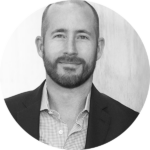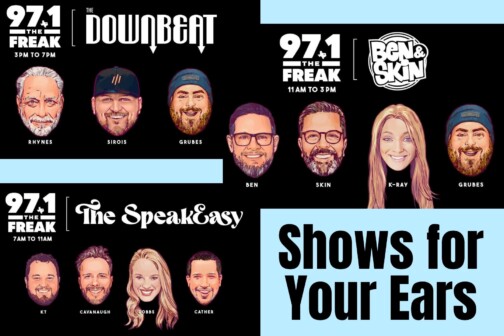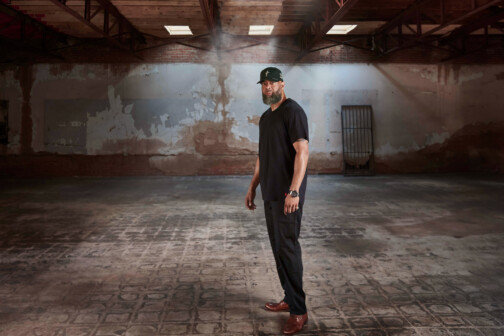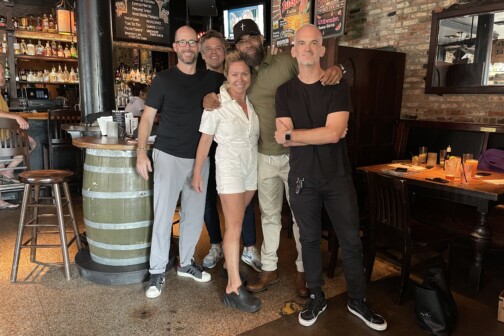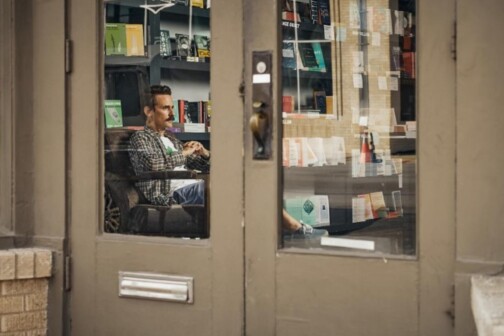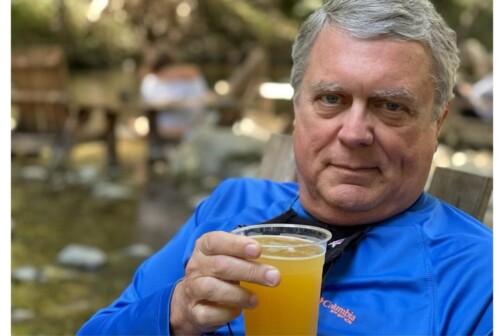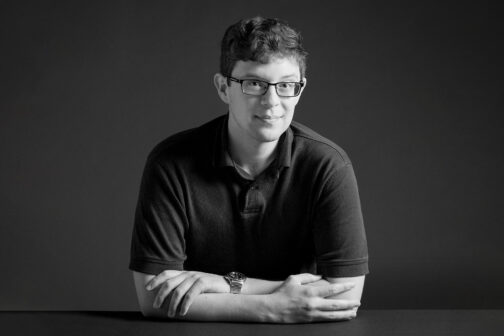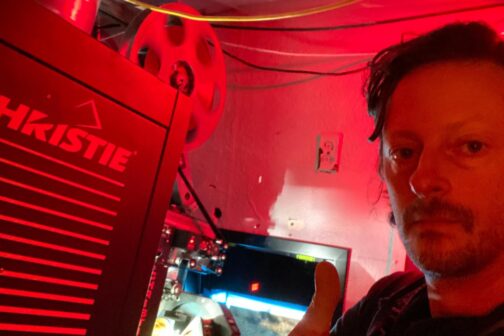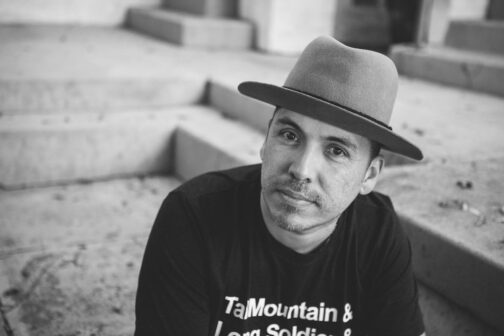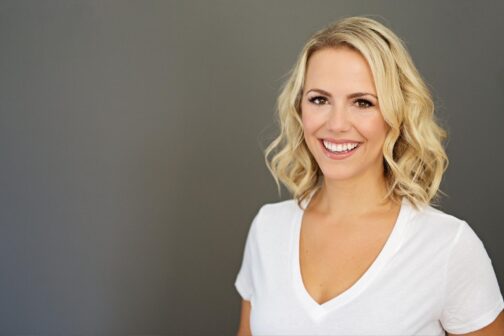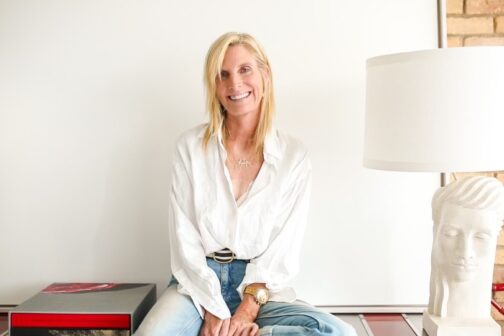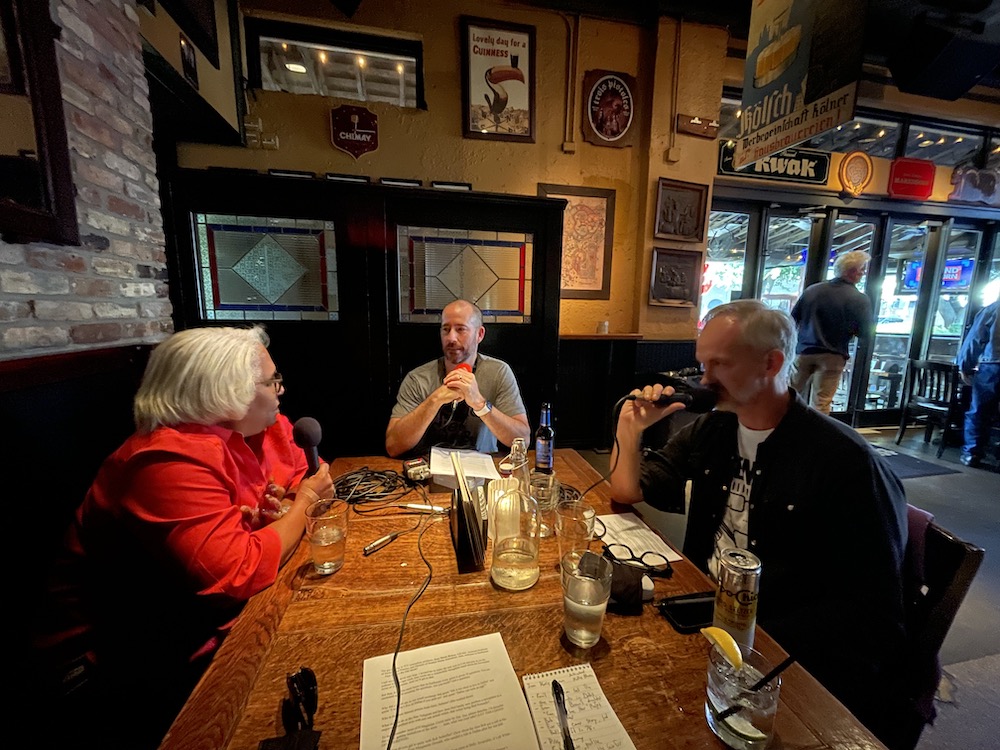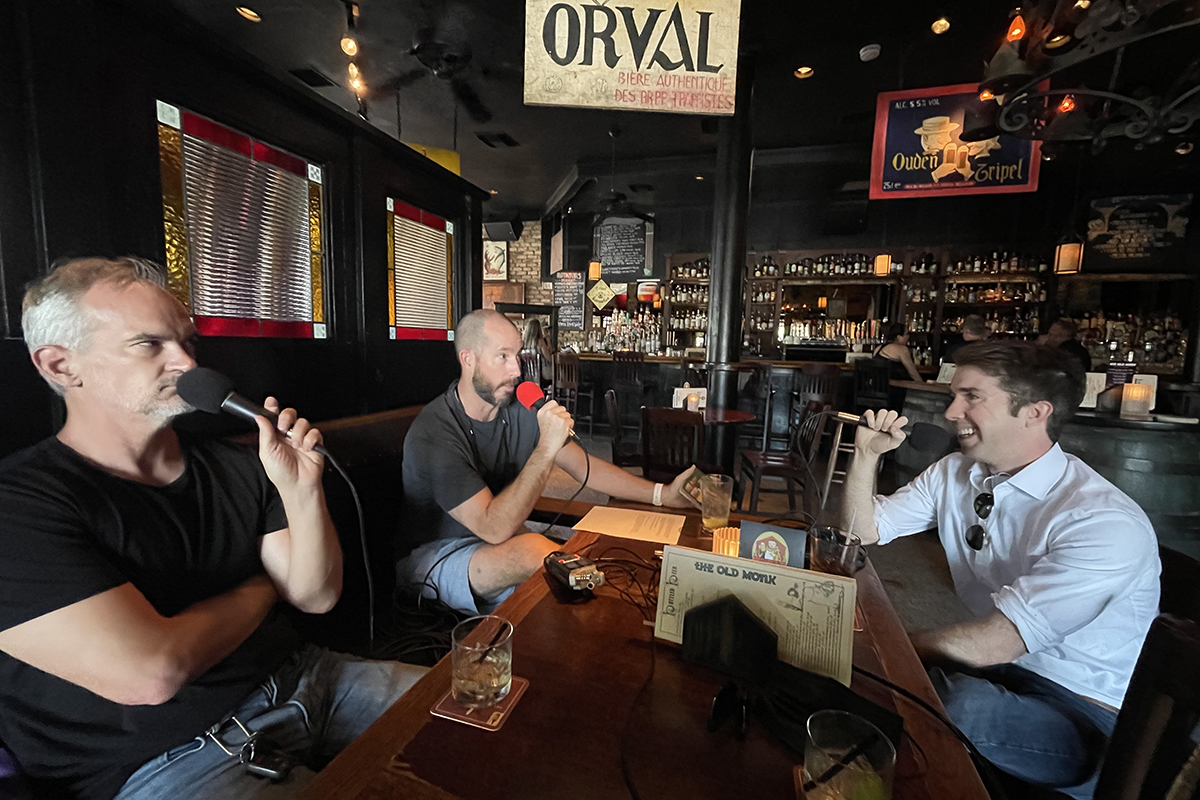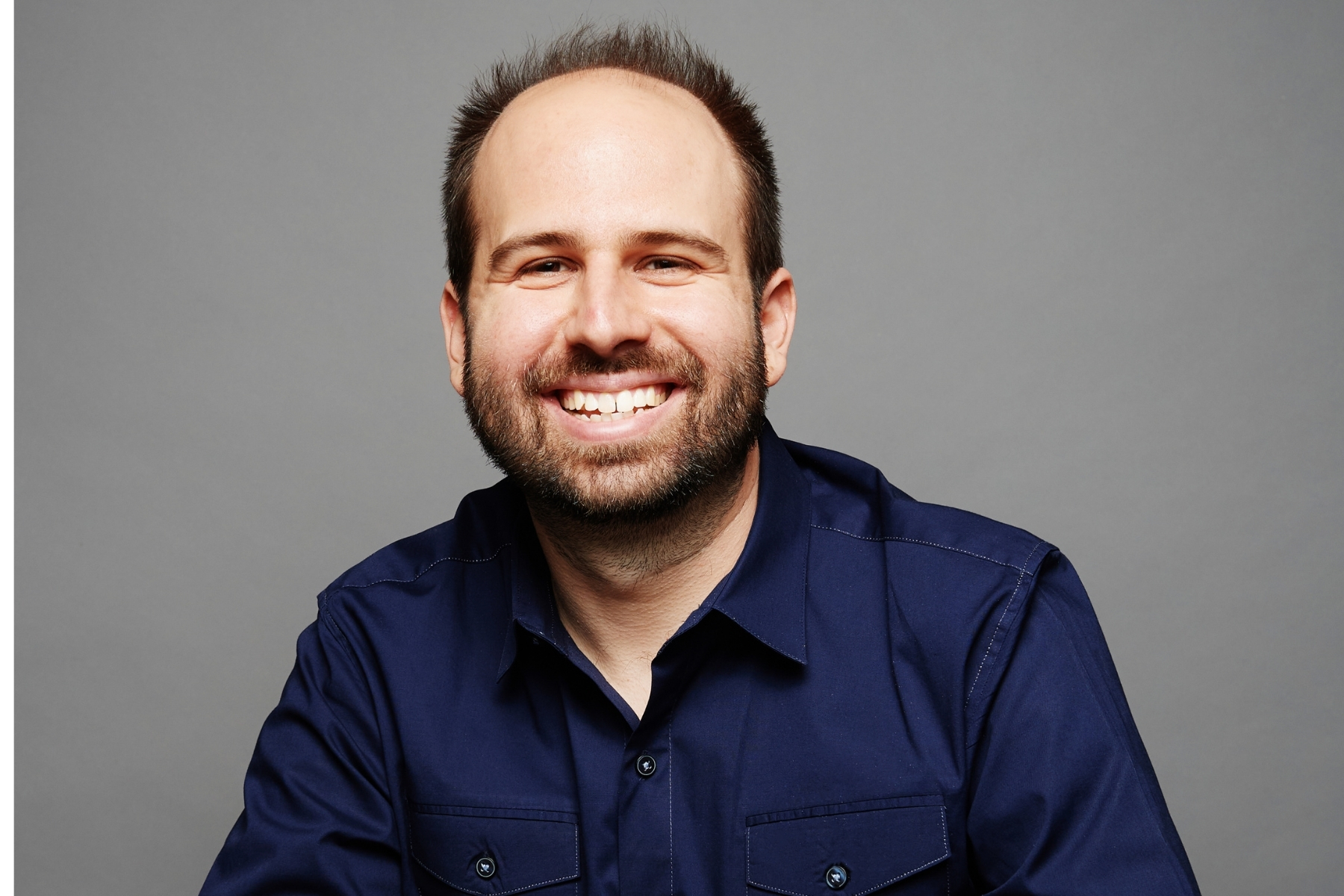Mike Rhyner retired in early 2020 after a storied 40-year career in Dallas radio during which he played a huge role in launching The Ticket and creating a radio format that has been copied around the country. Zac Crain profiled Rhyner when he stepped away from the mic. We did a podcast with him, too (recorded in Main Street Garden, because we were just getting accustomed to Covid).
Now, ladies and gentlemen, Rhyner is back. Richie Whitt broke the news on Si.com a week ago. The Eagle is switching formats and rebranding as The Freak, as of 3 p.m. today. Whitt got nearly everything right, missing on only the detail about the new station being a sports talk joint; it’s not. As Rhyner told us on an episode of EarBurner that we recorded before the news broke, The Freak won’t be a sports station. It’s free-form talk, unlike any other station in this market.
Rhyner will hold down the 3 p.m. to 7 p.m. shift, with a show called The Downbeat co-hosted by Mike Sirois. Michael Gruber will run the board. (Lots of Mikes, right?) Ben Rogers and Skin Wade, whom I profiled last year, will move to middays and bring Krystina Ray with them. Those two lads deserve much of the credit for this concept. Rhyner calls them “hustlers,” in the best sense of the word. Jeff Cavanaugh will do morning duty. There are other names still in play.
As you can see from the magazine stories we’ve written about some of the folks involved, Zac and I have relationships with these people. Those relationships led to a bit of access. We signed an NDA that allowed us to record this podcast with Rhyner on September 16, on the condition that we hold it until the launch of the new format, which, again, happens today at 3 p.m.
On the podcast, we talked with Rhyner about who convinced him to come out of retirement, how to fix the Cowboys (remember: this conversation took place after the season-opening loss), what made him move out of downtown Dallas after living there for a decade, and why you’re never too old to wing it. Oh, and we talked about jorts. You can listen via the player below, or you can use whatever podcatcher floats your boat.


